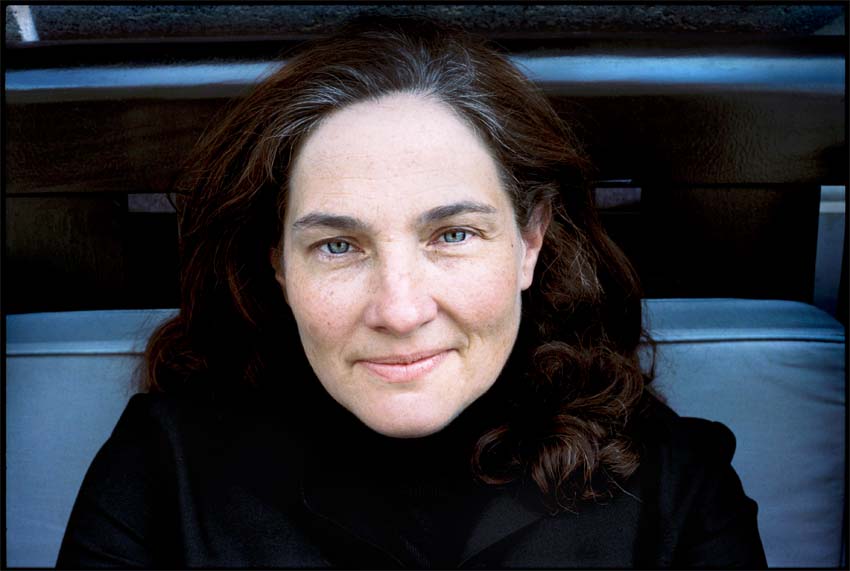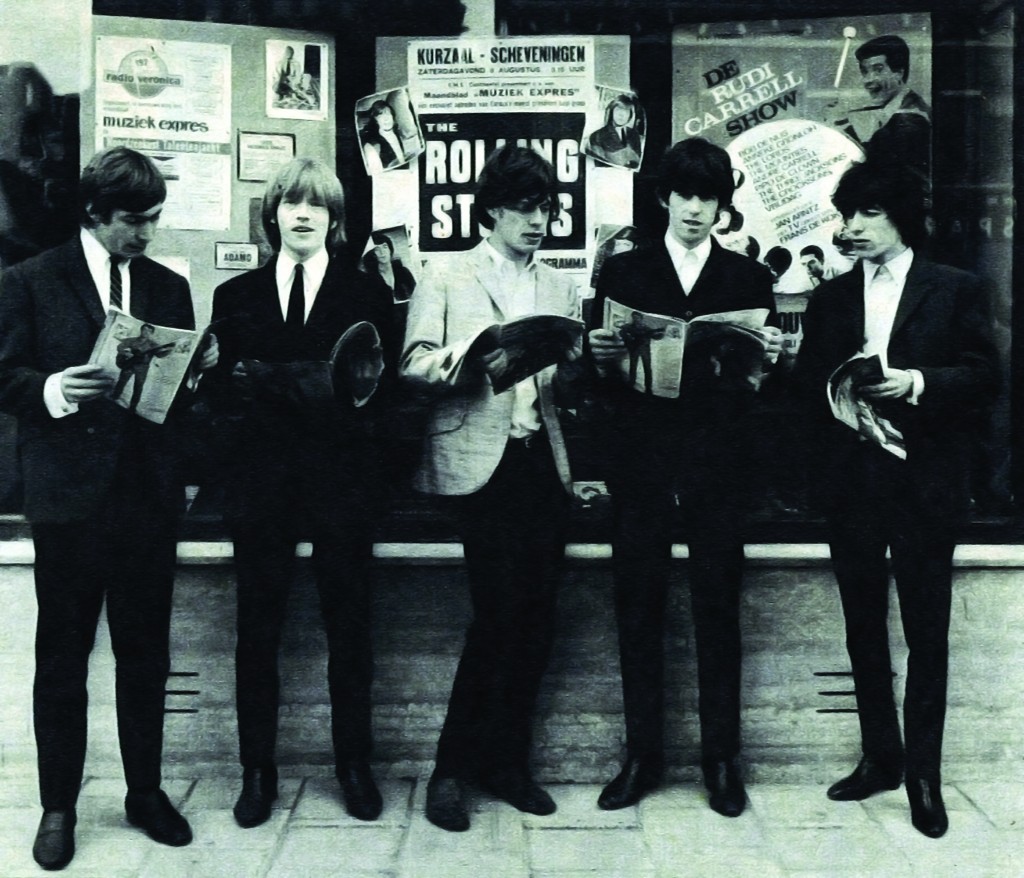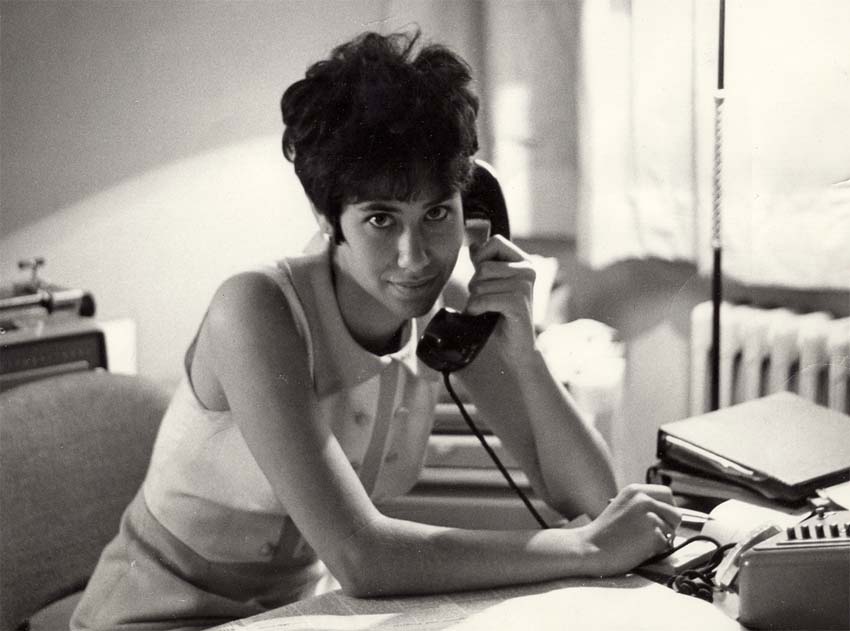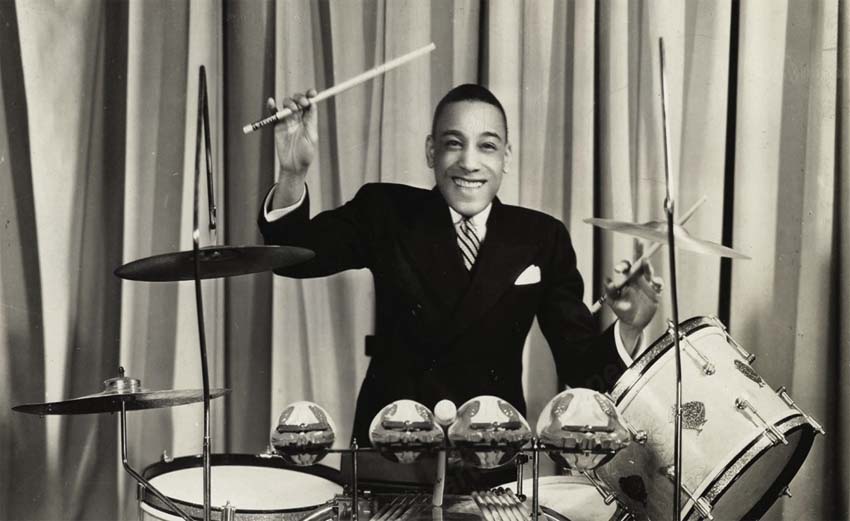Cole Stryker is most recently the author of Hacking the Future.
Listen: Play in new window | Download
(PROGRAM NOTE: This episode’s introduction contains the first appearance of Jorge and Mr. Segundo in two years. As The Bat Segundo Show winds down, we will do our best to resolve numerous plot threads that were established years before in these introductions.)
Condition of Mr. Segundo: Revealing his new vocation and discovering unanticipated maturity.
Author: Cole Stryker
Subjects Discussed: Whether thinking people should pay attention to web culture, generational cycles and inevitable evolution, whether Pastebin and text files represent the future of the info leak economy, why people have no awareness of how vulnerable their personal data is, the increasing need for certain hackers to gloat or impress people, attempts to distinguish between different strands of Anonymous, 4chan and the Occupy label, hacking PBS, how one should understand Anonymous and the difficulties of investigating a group that doesn’t wish to be understood, political ethos, Fight Club, the inevitable trajectories of ideological groups, Steve Wozniak, hacktivists who started out as pranksters, the V for Vendetta aesthetic, attempting to pinpoint Anonymous’s ethos, the importance of preserving anonymous free speech, vicious Internet bullying, Jessi Slaughter, the question of seeking restitution against anonymous bullies, government and editorial control, government regulation vs. community management, when self-policing doesn’t work, Danah Boyd’s views on cyberbullying, Pew’s investigations into bullying, Megan Meier’s suicide, how the misnomer “backtracing” was appropriated, online harassment, online blackout protests of SOPA, Steam’s recent class action waiver, Firefox’s “do not track” feature, Facebook’s data collection, photo recognition tools like Orbeus which scan all details of a photo to determine user taste and patterns, not being able to encrypt our faces, the hacker Sabu’s transformation into an FBI informant, the difficulties of sorting out multiple online identities, the lifespan of the darknet, Bitcoin, and the next iterations of Anonymous and hacktivism.
EXCERPT FROM SHOW:
Correspondent: I read both of your books. And in Epic Win for Anonymous, you describe web culture as “something so self-referential as to become virtually incomprehensible to those who do not live inside it.” You then point out in that same section how finding out about one cultural reference causes you to look up two additional ones that may have some meaning to that initial reference. And then, of course, you write that “it’s a skill that only today’s younger generation is equipped to grasp.” Larger issues, such as the Arab Spring and Wikileaks, that you mention in this book — this is sometimes aligned with Anonymous. But if the default icon is something like Nyan Cat or Pedobear, how can the present online generation be expected to understand, oh say, nuance of social issues? What’s the incentive for any thinking person over the age of 30 to get on board the online culture you so championed in the first book?
Stryker: Well, I think that the culture specifically to me is interesting because of the way that it enables everyone to be a producer, in addition to a consumer. And I think that the older generation can get a foothold by looking at sites like Know Your Meme, for instance. It’s a place where a lot of these memes are explained. And I don’t know. You kind of had a couple of different questions in there.
Correspondent: I tend to do that. Yeah.
Stryker: I guess one of them is how do older people understand what this is all about.
Correspondent: Or why should they?
Stryker: Or why should they? I think it’s important because this is the future of culture. I think that participatory mimetic culture is going to replace eventually mass produced entertainment within the next twenty years. I think that it’s becoming increasingly more difficult for companies to make money by producing big budget pieces of entertainment and it’s becoming increasingly cheap for fourteen-year-olds in basements to create compelling entertainment content. And not just entertainment, but informative content as well. So I think that we’re looking at the future. And if you don’t try to wrap your head around it now, you’re going to be left behind.
Correspondent: Well, on the other hand, one can also argue that there will be another generation that you will experience. A younger generation who will be faster, who will think smarter, who will have their own memes, who will have their own forms of communication, and you will be just as befuddled as, I suppose, the older web user who is perhaps only looking through Google News, maybe Reddit if we’re lucky. You’ll fall in the same situation. I mean, is this an inevitable cycle? Why does anybody have to get hooked onto memes? Why do you have to constantly check Know Your Meme when, in fact, there are greater issues like, say, Syria and so forth?
Stryker: Well, I think, to answer one question, it’s very likely that I will one day feel out of touch. It’s almost inevitable. However, I think that there’s a difference between my generation and my parent’s generation, for instance, in that I was born in the computer age when I grew up learning how to master systems. Whereas if my parents get a new DVD player, because the buttons are placed in differently, they don’t know how to approach that system. Whereas my mind is wired to instantly learn the inner workings and try and figure out, like, okay, what’s different? Where are the buttons located? How is this different from what I knew before? And my parents just look at it. And they’re like, “Well, this is just alien technology. I can’t get my head around it.” So I think that’s a crucial difference between my generation and my parents’. But yeah, who knows what technology will come into play in the future that will make me feel just as out of touch as they do?
Correspondent: But why should the generation be dictated by what your mind sees? Isn’t that a bit solipsistic? Maybe we can define territory here. Are you saying you’re the representation of your generation? Are we overstating things a little bit here?
Stryker: Perhaps. Although I look at young children who have been born in the last five years, and I think it was in a book by Clay Shirky. He was writing about his friend’s toddler, who was trying to figure out where the mouse for the TV was by fiddling with the wires. Just assuming that everything was interactive. And I think that that’s sort of an evolution of our ways of thinking. That everyone is going to be able to interact with everything in that way.
Correspondent: So you basically accept the inevitable. That infamous video which is probably a more damning depiction of what you’re describing, of the baby sliding the fingers along the magazine, where the self-righteous parent is saying, “See, there’s no need for paper.” That, you say, is an inevitable evolution? That we’re all going to have to deal with? Including bookish people like me?
Stryker: I mean, I don’t use a Kindle myself.
Correspondent: Ah! Traitor!
Stryker: But I think it’s silly to think that things aren’t moving inexorably in that direction towards digital.
Correspondent: So just the other day, AntiSec, they stole one million Apple unique IDs from an FBI laptop. They uploaded it onto Pastebin.
Stryker: Allegedly.
Correspondent: Allegedly. They uploaded it onto Pastebin, which, of course, you write about in this book [Hacking the Future]. You state in the book that “Pastebin might indeed be the future of the info leak economy.” How much of today’s hacking would you say is rooted, if you’ll pardon the pun, around text culture or text files? Scarlett Johansson also discovered that she was not immune to this. What extent does our commonplace reliance upon, say, mobile devices — does this create an even more insecure online identity? I mean, what’s the status here?
Stryker: Absolutely. Well, I think — and Steve Wozniak recently spoke about this — the biggest threat to security right now is the fact that we’re putting everything in the cloud. So your information is no longer secure on a hard drive in your bedroom. It is now on a server farm somewhere. And now, if a hacker can get into that system, they immediately have access to millions of people’s, for instance, credit card numbers or home addresses — depending upon how many layers they’re able to penetrate of the security. So I think that, yes, this is going to be something that we’re going to have to wrestle with over the next few years. This disparity between what they expect from our technology and what it’s able to offer in terms of security.
Correspondent: Or hacking the very networks that people play their games on and so forth. Why aren’t people really aware of the fact that so much of their information is so readily hackable or even readily disseminating through third parties that Facebook uses? And so forth. Is there just no awareness? Is the generation that we were describing before, as represented by you — do they just not care about this distinction?
Stryker: Well, I think there’s a couple reasons. One is that, up until recently, hackers weren’t necessarily prone to publicizing their victories the way they are now. Anonymous especially brought about this age of the gloating hacker on Twitter. Prior to that, they would gloat in their little IRC channels and stuff. But it wasn’t meant for public consumption: (a) because they didn’t want to get arrested and any sort of publicity would only make it easier for the feds to track them down and (b) because they weren’t interested in impressing anyone that wasn’t just as skilled as they are.
Correspondent: Why did they feel the need to start impressing other people? Or putting a public face? Or are we talking about factions and sectarianism?
Stryker: I think it’s both. I think, speaking about Anonymous specifically, a lot of it’s hubris. Younger hackers that manage to pull something off — they might not necessarily have the ability of one of these autistic geniuses somewhere who’s bringing down some huge corporation and no one ever hears about it. They bring down cia.gov, which is just a public facing website with no actual information on it worth stealing, and suddenly they’re on Twitter and speaking to millions about how they just achieved this epic victory.
Correspondent: Why do they feel the need to gloat? Is this a byproduct of like culture? Is this a byproduct of having to ratchet up the great hacking achievements over the years? Is this the more wired world with mobile devices and everything else?
Stryker: I think you might be right about the like culture thing. Never before have so many people been able to receive a communique of that nature. If you had a hacking victory that you wanted to brag about, you could go on a message board and the thousand people who attend that message board might see it and then maybe it might get picked up by a blog. Now you have stuff like Facebook and Twitter that enables a massive audience to be galvanized around something like this. And for Anonymous, it’s not just about the gloating. It’s about getting people excited and hopefully wanting to participate.
Correspondent: Maybe you can delineate between how Anonymous operates through 4chan and how it operates through Twitter. It would seem to me that one, of course, dictated by internal rules is more likely to fit in with the prototypical hacker. The hacker culture that we perhaps celebrated in the ’80s and the ’90s, the autistic geniuses that you suggest vs. Twitter, which is based around following and so forth. How are the two different? Do the two get along? Maybe you can go into that a little bit.
Stryker: Well, there’s a lot of, I would say, condescension from these old time classical hackers, if you will, towards the pranksters and Anonymous because a lot of Anonymous’s attacks don’t require a hell of a lot of technical knowledge.
Correspondent: Script kiddies basically.
Stryker: Right. And also because they are often very principled people who don’t find the gloating and the lingo to be very cool. So I think that, even if they were to agree with their political aims of whether it’s somehow anti-capitalism or protesting tyranny in the Middle East, they feel that Anonymous probably does more harm to the cause than good.
Correspondent: But doesn’t Anonymous function more or less like the Occupy label? It’s an amorphous title that everyone can get behind and everyone can find some kind of inclusion, perhaps not specific inclusion but inclusion nonetheless. So that we’re all in this together. Or if someone happens to be on an IRC channel or so forth. Or Pastebin, the attack on PBS that you mention. What motivates this? Is it an amorphous identity that allows them to operate in the same collective function?
Stryker: I think the Anonymous ideology is just solidified enough or just unified enough to provide people with just a lowest common denominator sense of solidarity. But beyond that, it means all things to all people. And this is Anonymous’s greatest strength and greatest flaw in my opinion. Because anybody can take charge and say that they’re going to go off and kill Facebook, for instance. And obviously nobody’s ever going to accomplish that. And all the other members of Anonymous say, “Well this isn’t the authentic Anonymous. This is some rogue group or some jackass.” So, yeah, we talked about sectarianism. And even within Anonymous itself, there’s hundreds of different opposing views and goals.
Correspondent: Yet there are common rules in a forum such as 4chan. And mainstream media is often easily fooled, often to ridiculing effect from the 4chan community. The Oprah exposé on Anonymous and so forth. Is there more of an understanding by the mainstream media now that you would say? Than a couple of years? I mean, you yourself put yourself on the line with the first book and were, in fact, heckled and harassed by 4chan. Maybe you’re just as part of the problem as Oprah is. What do we do to understand this? How do we understand a group of people who really don’t want to be understood?
Stryker: I still, even a year later, after releasing that first book, I still get contacted randomly by trolls who hate my guts and write nasty reviews on Amazon. I think that part of is that they simply just don’t like people talking about their secret club, even though I felt like I was rather sympathetic to their cause in both books. I think that specifically the 4chan bred version of Anonymous is more trollish in nature and really doesn’t care about political ideology. And they exist simply to mess with people and generate tons of controversy. And I think that the latter group of politically minded Anonymous is more interested in what I’m doing, in discussing these issues, and they don’t really have a problem with me. It’s the complete nihilists.
Correspondent: The ones who are in it for the lulz.
Stryker: Yeah. Exactly.
Correspondent: But isn’t that also a part of the political ethos as well? I mean, you can’t just take one away from the other, can you?
Stryker: I think there’s a little bit of lulz in even the most politically minded Anons. Like even the ones who are trying to bring down these entrenched corporate powers. There’s certainly at least an aesthetic of lulz, where they’re using the lingo and they’re gloating and basically using the same terminology that they would use if they had just killed a guy in Halo or some other video game regarding a federal agent.
Correspondent: Getting pwned and all that.
Stryker: Yeah. So that’s definitely there as an aesthetic. But the specific — I compare it to Tyler Durden, the character of Tyler Durden in Fight Club, who is just this completely — you know, all he cares about is fucking shit up essentially. Those are the ones that — they intrigue me and kind of terrify me at the same time. Because you wonder if they’re living this double life and in real life they’re not like that. And I would assume that that’s the case for many of them. That this is just an outlet for them to express the id. But I’m sure there are also some genuine psychopaths that call themselves Anonymous.
Correspondent: Okay. So if we’re talking about a group that is guided by aesthetic, the most prominent aesthetic of course is the V for Vendetta mask, what then would you say is their ultimate ethos? Which is probably what people would want to know if we were to acknowledge them as a legitimate group. I mean, are they more driven by lexical keywords, mashing things up into memes, and constantly perpetuating meme after meme after meme? How do you get distinguish between that and whatever sort of political ethos they stand for? Or whatever good that they do?
Stryker: I mean, I distinguish it in the book by using capital A when I refer to the politically minded group and a lowercase a when referring to just random trolls. You can try to synthesize them. But I think it makes more sense to almost consider them as two completely different groups. When they began, they were one and the same. When it was all anti-Scientology. Over time, the more politically minded members of Anonymous have grown increasingly humorless and more passionate, and they use lingo from like the ’60s’s counterculture. Like “Don’t lose heart, my brothers” and things like that. The more trollish anons would look at that and say, “You’ve got to be kidding me. This is what we’ve turned into?” They’re for pure chaos and any political goal is, to them, ridiculous.
Correspondent: But isn’t that the iteration of any countercultural hacking movement that we’ve seen? Where people grow more sour as they grow up, as they have kids or turn more libertarian sometimes. We saw that in the ’80s, if you hung around in USENET and checked out some of that. Or looked through the archives. What was once a very fresh countercultural movement became quickly driven towards money, towards entrepreneurship, towards that sort of thing. And then of course the initial enthusiasm that motivated the movement in the first place — I mean, isn’t this the function of all ideological groups? How does Anonymous, whether capital A or small a, differ from activists that came from before?
Stryker: Well, I think that earlier hacktivists were not bred in this mimetic culture. I mean, 4chan is a pretty unique place. There were places like it that existed before, but not at the same magnitude of just constantly churning weirdness. And most hacktivists don’t come into hacktivism from a desire to have fun. Or at least previously to Anonymous. I would think that a lot of politically minded hackers came to that way of life through a desire to achieve political change or to disrupt powerful entities. Not to just goof off.
Correspondent: Not predicated on blue boxing? Or pulling pranks? Any of the number of things that Steve Wozniak outlines in his book.
Stryker: But I don’t think they would ever call themselves hacktivists. I mean, even Steve Jobs did it as well. But I think that’s separate. I think Anonymous is a convergence of both of those. I think that it’s a natural evolution.
Correspondent: So it’s a natural evolution to go from prank-driven hacker in it for the lulz to hacktivist if you stick around in it too much? What’s the trajectory you’re describing here?
Stryker: I think that — it’s hard to say whether Anonymous has grown less prankish over the last few years or if simply that the more political oriented actions of Anonymous are the ones that are getting all the press. There’s still that chaotic — I mean, I know people that — you still hear these stories about teenage girls that are getting harassed online and people getting doxed, which is when all their personal identifying information gets leaked to the Web. That still happens all the time. And I think it will continue to go on as long as people are able to do that. But I think that the more politically minded stuff is what gets the press attention. So it looks like Anonymous is morphing into more of a political beast when that might not necessarily be the case. They just have the loudest voices.
The Bat Segundo Show #487: Cole Stryker (Download MP3)
This text will be replaced















